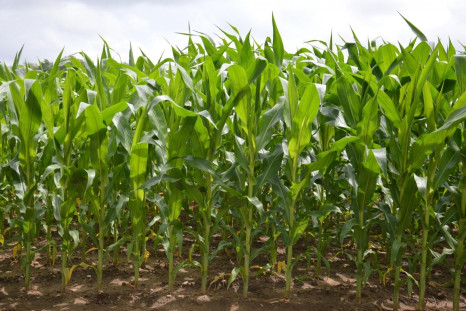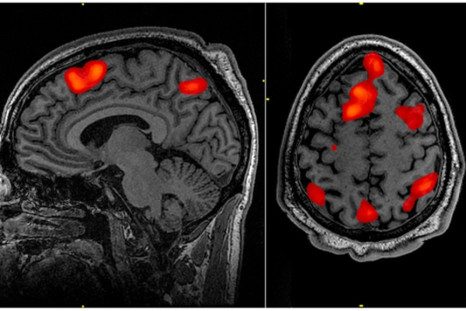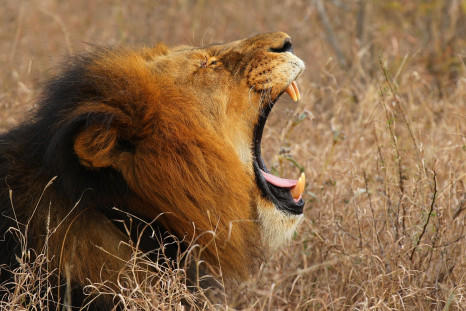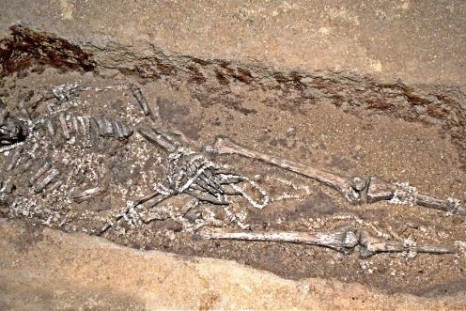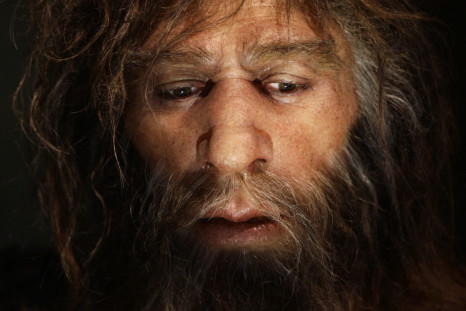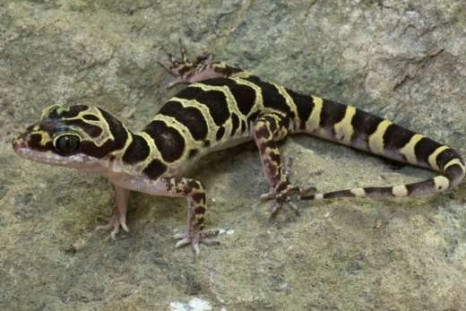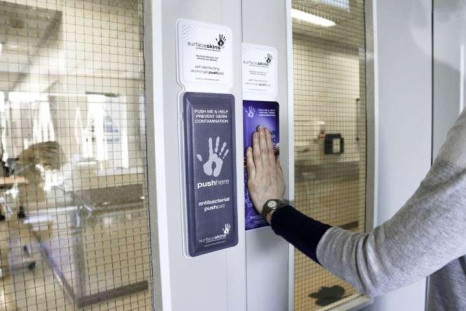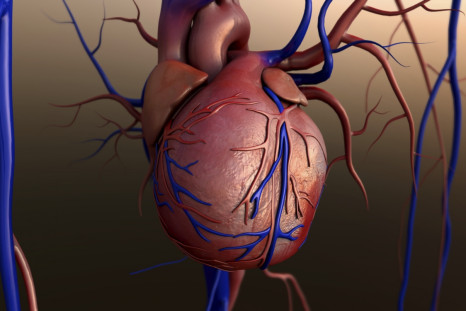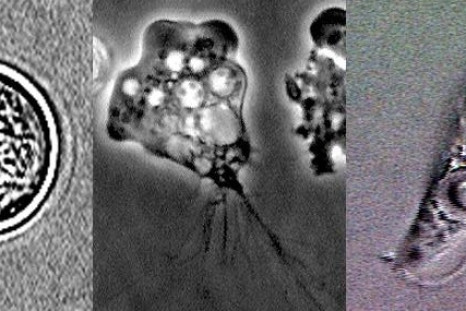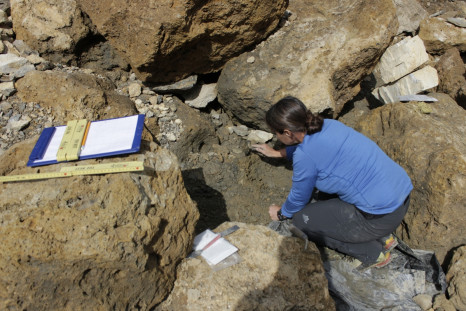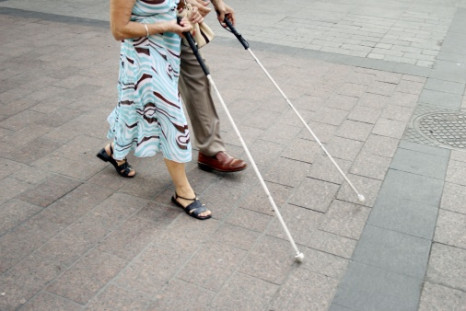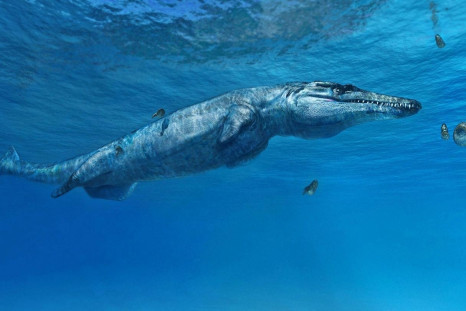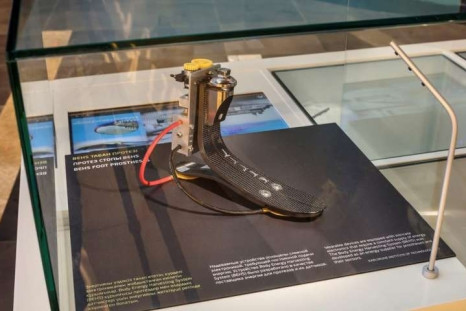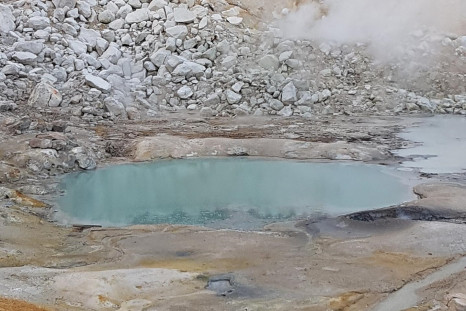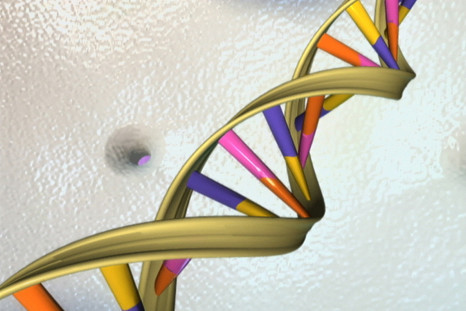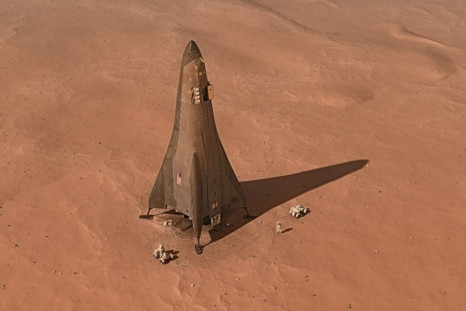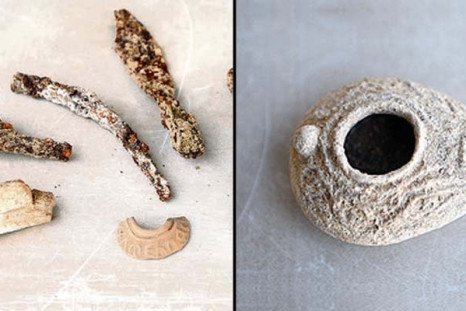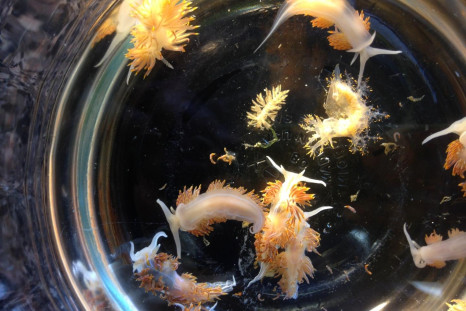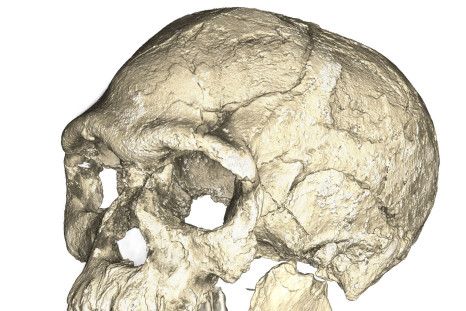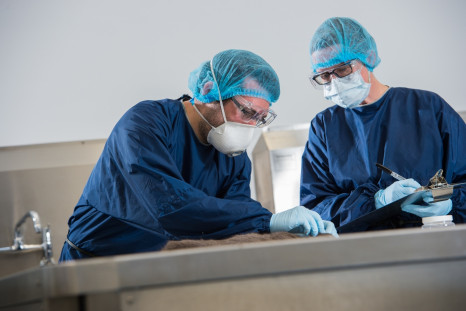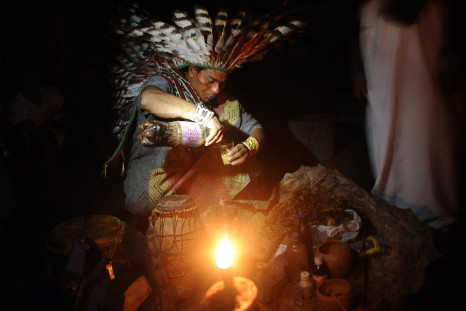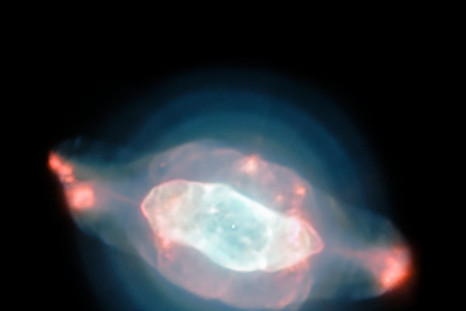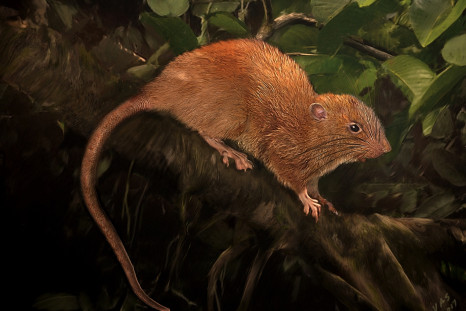More From Aristos Georgiou
Scientists use genetics to make corn more nutritious - helping millions of the world's poorest people
Modifying corn could potentially benefit millions of people in low-income countries, who depend on it as a staple.
Oct 09, 2017
Women's brains respond more than men's to generous behaviour
Study suggests that women's brains tend to to expect a reward for prosocial behaviour, while men's brains respond more to selfish behaviour.
Oct 09, 2017
'Atlas of life' – Researchers complete first global review of every land vertebrate
The survey documents the whereabouts of 31,000 vertebrates, highlighting regions around the world where biodiversity is particularly under threat.
Oct 09, 2017
Perpetrators of genocide commonly say they are 'good people' when defending themselves in court
Researchers analysed how defendants explained their involvement in the 1994 Rwandan genocide which killed up to one million people.
Oct 06, 2017
Huge study finds 80% of schizophrenia risk is down to your genes
Research analysed the genes of 30,000 pairs of twins to understand how important genetic influences are compared to environmental factors when assessing risk of the disease.
Oct 06, 2017
How to deliver bad news to people - don't beat around the bush
People much prefer being spoken to directly when being delivered bad news and would rather small talk was kept to a bare minimum, or not used at all.
Oct 06, 2017
Prehistoric humans knew the dangers of inbreeding and formed complex social networks to avoid it
Despite living in small groups, humans were likely connected to a wider network from which mates were chosen.
Oct 05, 2017
Our sleep patterns, mood and smoking habits are influenced by Neanderthal DNA
New research suggests Neanderthal genes influence skin tone, hair colour and sleep patterns, among other characteristics.
Oct 05, 2017
Fifteen new species of gecko discovered in Myanmar in just two weeks
Researchers think each of the new species are confined to the individual limestone blocks where they were found.
Oct 05, 2017
Scientists develop a special material which disinfects itself
The material has been incorporated into a device that will combat hospital-acquired infections - a problem which affects 300,000 patients every year in England.
Oct 05, 2017
An economy based on hydrogen fuels - which only emit water - could soon be a reality
The technique could bring an economy based on hydrogen fuels - which only emit water - a step closer to reality.
Oct 04, 2017
Scientists reverse severe heart failure in animals
The researchers discovered a previously unrecognised healing ability in the heart muscle, enabling them to treat the disease.
Oct 04, 2017
Scientists hunt brain-eating amoeba with a 97% fatality rate
The amoeba can only enter the body through the nose, but once the first symptoms occur, death will almost always follow within two weeks.
Oct 04, 2017
Treasure trove of 4,000-year-old Bronze Age artefacts found on Swiss mountain pass after snow melt
Archaeologists believe the Lötschberg pass has been used as a passageway since at least 2,000 years BC.
Oct 04, 2017
Blindness could be reversed thanks to new gene therapy
It may be possible to reverse untreatable blindness using a new gene therapy technique, according to the results of a new animal study.
Oct 03, 2017
2017 Nobel Prize in Physics awarded to gravitational wave scientists
Gravitational waves were detected for the first time in 2015, proving Albert Einstein correct 100 years after he predicted their existence.
Oct 03, 2017
Monstrous 163-million-year-old crocodile discovered, shedding new light on ancient reptile evolution
A fossil belonging to the 'Melksham Monster' had been sitting in the archives of the Natural History Museum for nearly 150 years before being identified as a new species.
Oct 03, 2017
No need for a plug: New technology lets you power your smartphone simply by moving
Researchers have created two devices which harness the power generated by the body.
Oct 03, 2017
Charles Darwin's 150-year-old theory of how life on earth emerged gets thumbs-up from scientists
Darwin believed that life started forming on Earth after meteorites crashed into 'warm little ponds'.
Oct 02, 2017
Scientists store Miles Davis and Deep Purple audio recordings on DNA in a historic first
According to one researcher, the whole of the accessible internet could fit into a DNA storage device the size of a shoebox.
Oct 02, 2017
How understanding football violence could help the fight against terrorism
Violent football fans and radicals are both motivated by shared experiences, new research suggests.
Sep 29, 2017
Lockheed Martin unveils a re-usable water-powered lander to ferry humans to Mars
Orbiting space station would allow astronauts carry out explorations of the Red Planet.
Sep 29, 2017
Lost Jewish city discovered underneath Israeli army base
The settlement is thought to have changed hands numerous times in its history.
Sep 28, 2017
How the 2011 Japanese tsunami flung hundreds of marine species across the Pacific to the US West Coast
Researchers describe the event as the biggest, unplanned, natural experiment in marine biology history.
Sep 28, 2017
Ancient genomes reveal modern humans began to emerge 350,000 years ago
New research adds weight to the belief that modern humans evolved much earlier than commonly thought.
Sep 28, 2017
CSI for pets? Europe's first forensic service dedicated to investigating crimes against animals
Many crimes involving animals do not end in successful prosecutions due to lack of evidence.
Sep 28, 2017
Scientists make historic fourth detection of gravitational waves
Discovery is the first simultaneous observation from detectors on two different continents.
Sep 27, 2017
Ayahuasca, a powerful Amazon psychedelic brew, could help treat eating disorders
Researchers rave about the potential of ayahuasca for treating a variety of mental health disorders.
Sep 27, 2017
New images reveal strange structures of the spectacular Saturn Nebula
The nebula is a huge cloud of interstellar dust located 5,000 light years from Earth.
Sep 27, 2017
Giant rat that can break coconuts with its teeth discovered in the Solomon Islands
The elusive species was identified after years of searching.
Sep 27, 2017
Pages
- PREV
- 6
- 7
- 8
- 9
- 10
- 11
- 12
- 13
- 14
- NEXT


